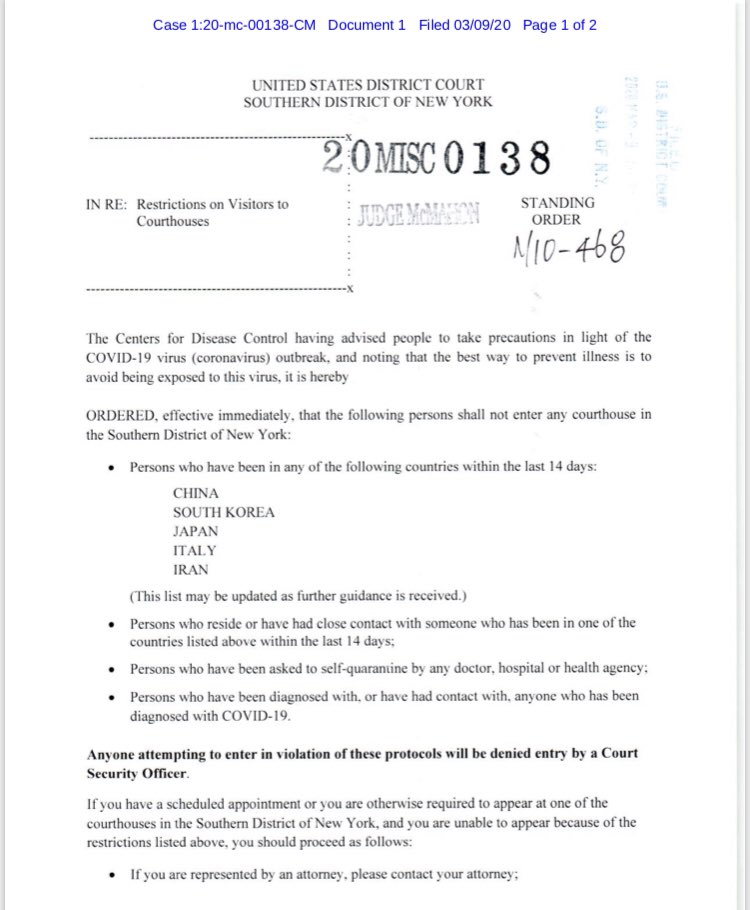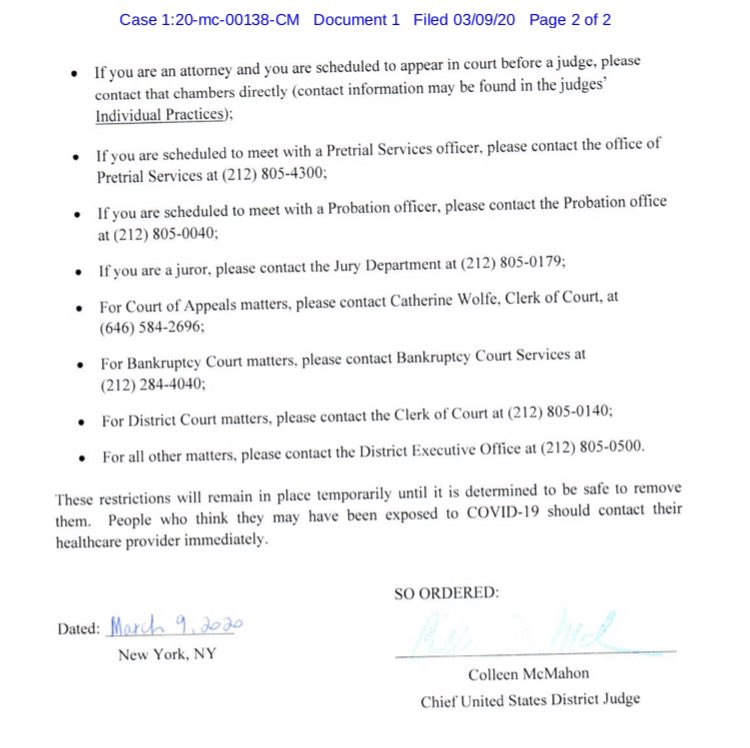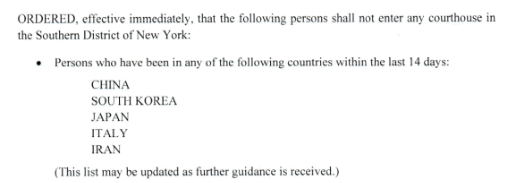The Second Circuit hears an appeal this morning of a ruling blocking the Trump administration’s “public charge” rule on immigration, which a federal judge called “repugnant to the American Dream.”
Background from October: courthousenews.com/judge-blocks-t…
The three-judge panel includes U.S. Circuit Judges:
* Pierre Leval
* Peter Hall
* Gerard Lynch
They refused to temporarily lift the injunction last month.
"At one point was there ever judicial interpretations or administrative interpretations that took the view that receipt of any kind of public benefits was the test?"
Lynch seems stunned, asking whether that's the government's most favorable citation.
It's the first time a second member of the panel has spoken up during proceedings dominated by intense grilling of the government by Judge Lynch.
The Trump admin's position is that someone who is eligible for benefits, like health care, is likely to get that for free, and therefore, possibly a public charge.
"SNAP is not for basic needs. It is a supplemental program."
Sinzdak says that is an exclusion.
Sinzdak says he "believes" it follows a few months after birth.
documentcloud.org/documents/6791…
She emphasizes that the public charge rule has a settled meaning that always has meant the truly destitute, not those who have ever accepted supplemental benefits.
There is a long exchange between Vale and Judge Lynch on the precedent for that view.
Summarizing them, Lynch said: "It's an able-bodied person. It may be the Depression. There may be no jobs there."
But if he can work: "Let them in."
(Note: A divided 9th Circuit panel, two George W. Bush appointees and one Obama appointee, ruled in the govt's favor.) courthousenews.com/ninth-circuit-…
Referring to the potential public health consequences of disenrollment from benefit programs, Hurwitz said: "It's a predictable consequence of the rule."
Hurwitz agrees: "That's correct."
"If you're here... in an undocumented status, this rule does not apply," Hurwitz says.
Even though the Ninth Circuit lifted its lower court's injunction, the SDNY block on the public charge rule still applies.
"Let's assume that Judge Daniels acted appropriately... Would you agree that it's open to us to address what the appropriateness of a nationwide injunction is now?"
Hurwitz: "I think the court certainly could do that."
Hurwitz says that even if it were inclined to do so, the court should remand the rule to the agency rather than rewrite piecemeal.
Havemann notes that Congress entitled green-card holders to food stamps in 2002.
This rule would thin to about half, he notes, calling it "transformational."
He notes that public charge rule does not apply to them.
Lynch says that is not the point.
The judges adjourn without a ruling.
Look for a story soon on @CourthouseNews.
Note: The Second Circuit subsequently publishes the audio of its proceedings online, sometime after those hearings take place.
And if SCOTUS affirms.
My CNS recap: courthousenews.com/broad-injuncti…









